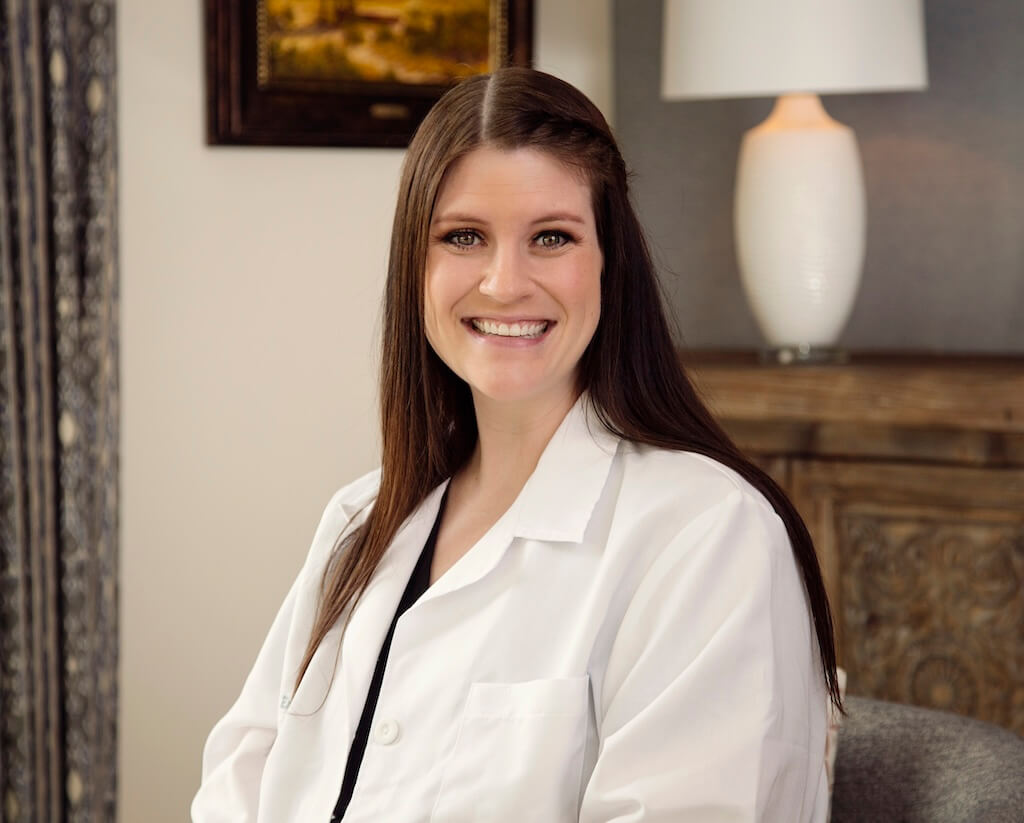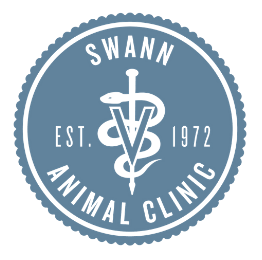How many times per day do you brush your teeth?
How many times per year do you get your teeth professionally cleaned? How often do you floss? The answers you hopefully gave (and the ones your doctor wants to hear) are two, every six months, and daily. Now let’s be honest. Do we all do that? Absolutely not. But I would be that the majority of people come close. Why? Because dental health is so important! It protects you from dental infections, painful cavities, and abscesses, and makes it to where your friends don’t want to run out of the room when you talk to them. I personally believe that dental health is the most visible picture of your overall health. If your mouth is unhealthy, it would be very difficult for the rest of you to be truly healthy. Did you know that your pet’s teeth are the exact same as yours? Yes, they are shaped differently, but to remain healthy, they require the exact same care that your own teeth do! We obviously don’t brush our pet’s teeth for two minutes twice a day and floss, so eventually, your pet WILL get dental disease. This is what I’m going to talk about today. There are four stages of dental disease, so let’s start there! I will show you a picture of the disease in a dog’s mouth and then in a human’s mouth so that you can fully comprehend what I am saying. Most owners don’t look in their pet’s mouth or even get used to seeing the disease, so hopefully, this will help you understand the significance of oral health.
Stage One Dental Disease: Gingivitis
Stage one is simply gingivitis (inflammation of the gums). The gums will be red rather than pink and with probing, there will be some bleeding. The teeth will still look nice and clean to you. The reason this is considered stage one even though the teeth look good is that once the gums are inflamed, they can’t do their job which is to protect the roots of the teeth. Bacteria is able to get up under the gums which leads us to stage two. There is no bone loss at this stage. This is the only stage that is considered reversible with a dental cleaning.
Stage Two Dental Disease: Early Periodontitis
In stage two, there is severe gingivitis. Because the gums are no longer keeping bacteria out, pockets (deep sections of separation from the tooth root) begin to form under the gums. This allows the bacteria to “set up shop” and grow. At this point, the actual bone that holds the teeth in place will start to decay. In stage two, your pet will lost 25% of the supporting bone. The teeth will have plaque and tartar that you can now see. From this stage on, the damage done is no longer reversible. Because bacteria is not our friend, they will only continue to multiply from this point – taking us to stage three.
Stage Three Dental Disease: Moderate Periodontitis
In stage three dental disease, the gums are still very inflamed. Those pockets that used to be little are now getting larger. Your pet will now have lost 25-50% of the supporting bone underneath the gums. At this point, you will notice your pet’s incisors (the little teeth in the front) are now low and can be moved. There will be significant plaque and tartar accumulation.
Stage Four Dental Disease: Severe Periodontitis
In the final stage of dental disease, bacteria have done some serious damage. There are now deep pockets with gingival recession (gum loss). There is more than 50% bone loss under the gums. This is enough bone loss that the jaw can actually break! This leads to the advanced mobility of all of your pet’s teeth. It is not unusual for most of the teeth to be extracted when you allow the dental disease to progress this far.
I’m sorry that some of those pictures had to be so gross, but I needed to drive home the importance of what I am talking about. All of that plaque and tartar you are used to seeing on your pet’s teeth is just pure bacteria. Every time your pet swallows, they are showering their entire internal system with that bacteria. The three organs that are affected the most are the kidney, liver, and hear. Those are obviously very important organs that we need to protect! Not only is dental disease a health risk to your furry loved one, but it is very painful for them too! Our pets are much more stoic than we give them credit for, so please let me be their voice for them. When the infection reaches the roots, it is very painful. They may not show you for a very long time that they are hurting, but I PROMISE you they are.
When dental disease gets past stage one, there is a possibility of needing to extract teeth.
It is the only way to get control of dental disease. There is no magic pill or treatment we can perform to make the bone grow back and hold the teeth again. However, once we get that infection and source of the pain out of their mouths, they feel much, much better!!
Dental disease is an important part of taking care of your pet.
There are preventative things you can do at home like brushing, oral rinses, and oral chews (these are only helpful in preventing dental disease, not treating once it has started). But the most important thing of all is their dental cleaning at our veterinarian’s office. Most pets need a dental cleaning annually, but some pets need it even as often as every six months. The results are pretty impressive and your pet will thank you!
About the Author
 Dr. Heritage Enevoldsen
Dr. Heritage Enevoldsen
Dr. Heritage Enevoldsen was born and raised in Amarillo, Texas. She had always dreamed of finding a job that would allow her to minister to and bless people, but also involve her love for animals, so being a veterinarian was just the right fit! She received her Bachelor of Science from Texas A&M University before graduating from Texas A&M College of Veterinary Medicine in May of 2017. Her goal was always to come back and serve the people of the Texas panhandle. Dr. Enevoldsen has a special interest in dermatology, surgery, and dentistry as well as client education. When she isn’t working at the clinic, Dr. Enevoldsen loves spending time with her son and husband, reading, and anything to do with the Fighting Texas Aggies. She is a dog mom to her pet, Mark, who is the most handsome mutt you have ever seen.
